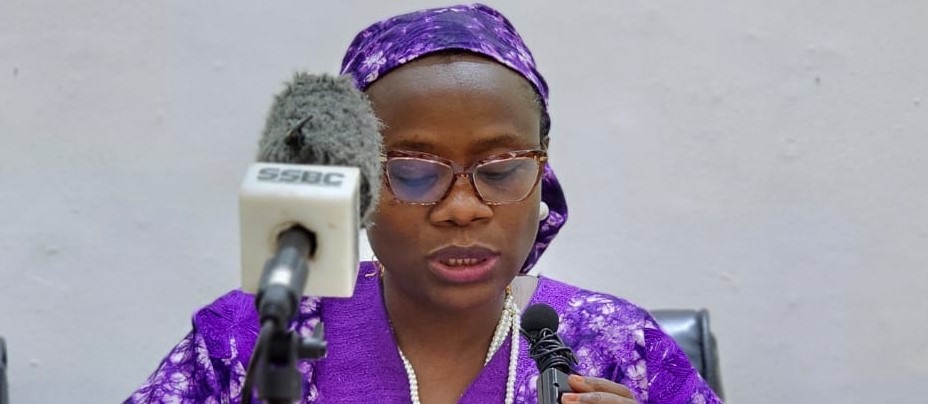UN Women in South Sudan on Wednesday urged journalists to harness their power to influence the country’s future by engaging in gender-sensitive, inclusive reporting, especially as South Sudan embarks on its crucial constitution-making process.
This message was delivered at a two-day training workshop organized by the Female Journalists Network and supported by UN Women.
Rukaya Mohammed, Deputy Country Director of UN Women, emphasized the vital role the media plays in shaping public perception and advancing gender equality. “You hold the pen that sets the country’s agenda. This is your chance to right the wrongs through a gender-responsive constitution-making process,” she stated.
Mohammed pointed out the global gender imbalance in media coverage, noting that women only account for 24% of people seen, heard, or written about in news. Even more troubling, she added, 46% of news stories reinforce harmful gender stereotypes, while just 4% actively challenge them.
“Create space for women’s work not as an alternative but as the norm. Challenge stereotypes, and showcase women in leadership roles across diverse topics,” Mohammed urged journalists.
As South Sudan prepares to draft its permanent constitution, Mohammed underscored the urgency of ensuring that gender-sensitive provisions are included, creating a roadmap toward equality. “The constitution is our opportunity to right the wrongs. Let’s not miss this chance to enshrine gender-responsive provisions that will guide our nation’s future,” she stated.
Mohammed encouraged media institutions to adopt self-regulatory gender equality policies and ensure safe, inclusive work environments for women journalists. “Gender parity in the workplace and in decision-making positions is not optional, but essential. Media must lead by example,” she added.
Regina Oslow Osa, representing the Ministry of Gender, Child, and Social Welfare, stressed the need to break gender stereotypes from childhood through to professional settings like journalism. “We must leave stereotypes behind. Treat boys and girls equally as they grow, and reflect that in your work. Women’s voices in journalism are essential for economic, social, and political growth,” she said.
Osa also called on male journalists to mentor and support their female colleagues, highlighting the shared responsibility of dismantling gender inequality. “Men must challenge patriarchal systems and behaviors. Without their involvement, South Sudan cannot achieve true gender equality,” she noted.
The training aimed to equip journalists with the tools to deliver accurate, well-informed, and gender-sensitive reporting, particularly in the context of constitution-making.
South Sudan is in the process to draft its permanent constitution before upcoming elections.
In September, South Sudan’s transitional government postponed the December 2024 general elections until December 2026, citing a lack of preparedness.
This is the second time the country, which gained independence in 2011, is postponing elections and extending a transitional period that started in February 2020.




